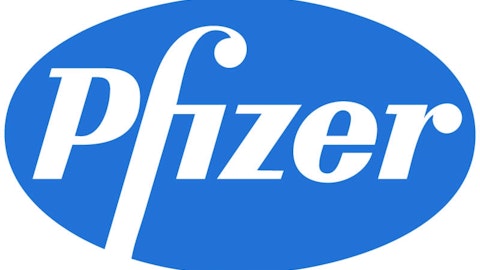Although physicians are likely to keep using existing drugs, including metformin, for type II diabetes patients, a once-weekly injectable drug like dulaglutide cannot be easily shrugged off. However, there are questions regarding how different it is from existing treatments.
Dulaglutide belongs to the same class as exenatide (Byetta), which Eli Lilly & Co. (NYSE:LLY) developed way back in 2005 in partnership with Amylin Pharmaceuticals – a partnership that led to a nasty breakup, and eventually ended with Bristol-Meyers and AstraZeneca plc (ADR) (NYSE:AZN) buying Amylin Pharmaceuticals .
There is a risk that dulaglutide may suffer the same fate as Sanofi SA (ADR) (NYSE:SNY)’s Lyxumia did at the hands of the German pricing regulators, who did not see any additional benefit in it compared to existing drugs. The risk is real because Bristol and AstraZeneca also offer Bydureon, a once-weekly version of Byetta.
There are also concerns of the effect of GLP-1 drugs on the pancreas. During trials, nine patients developed pancreatitis. There was, however, no increase in inflammatory conditions, nor was there any case of hypoglycemia, or low blood sugar. This is good because other type II diabetes molecules like metformin are known to cause both pancreatitis and hypoglycemia. I should also mention that there were two cases of pancreatic cancer in the trial sample — but it is highly unlikely that they were caused by intake of dulaglutide.
In addition, the company has chosen to underplay benefits of weight loss provided by dulaglutide. Patients taking the highest dose of the drug experienced a weight loss of 2.9 kilograms over two years, which is more than the 1.8 kilograms lost by patients taking Merck’s Januvia. It is interesting to note that Novo Nordisk intends to market Victoza, which is in the same class as dulaglutide, as a treatment for obesity.
Investors’ view
There is a lot of promise for a new type II diabetes treatment, especially for a once-weekly injection. Despite the presence of earlier drugs in the same class, and a similar once-weekly offering from Bristol and AstraZeneca, dulaglutide holds a slight advantage because of its lesser side effects and increased weight loss.
Analysts expect dulaglutide to generate $835 million by 2018. This could be a healthy addition to Eli Lilly & Co. (NYSE:LLY)’s revenues, which are now at risk from patent expirations.
Dr. Kanak Kanti De has no position in any stocks mentioned. The Motley Fool recommends Johnson & Johnson. The Motley Fool owns shares of Johnson & Johnson.
The article Is This What the Doctor Ordered for Eli Lilly? originally appeared on Fool.com.
Copyright © 1995 – 2013 The Motley Fool, LLC. All rights reserved. The Motley Fool has a disclosure policy.





